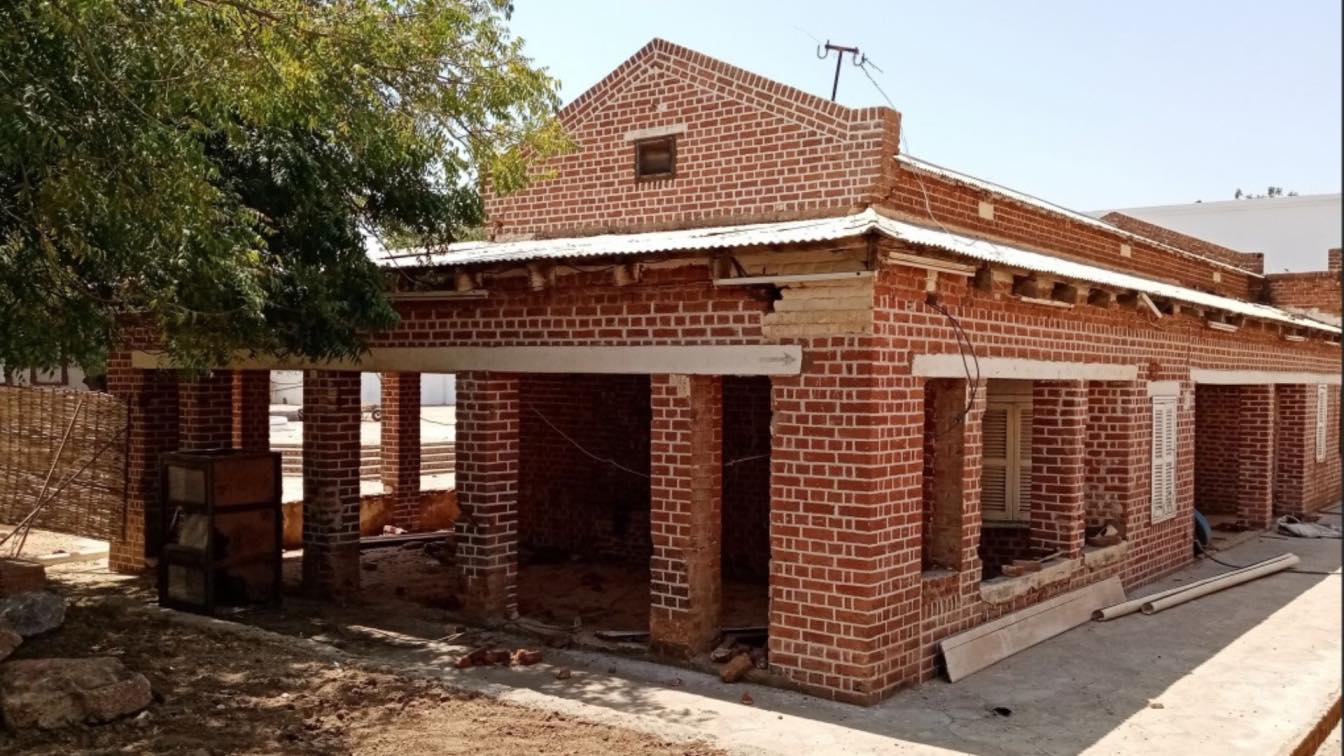Architects, engineers, contractors and other built environment professionals can now easily access Environmental Product Declarations (EPD) for the most common timber products with Timber Development UK’s new EPD database.
The database provides easy referral to EPDs developed by TDUK members, including UPM, Moelven, Jordeson Timber, Setra, Sodra Wood, Steico, Metsa, Swedish Wood, Vida, James Jones & Sons Limited, Stora Enso, Riga Wood Limited, BSW Timber, Forest Industries Ireland, Donaldson Timber Systems, and Wiehag Timber Construction.
“EPDs are essential to achieving net zero in our built environment, helping architects, engineers and other specifiers to make sustainable decisions on material selection as early in the design process as possible,” says Charlie Law, sustainability director Timber Development UK.
“The timber industry has made significant investments into producing EPDs which support designers to make accurate estimates of the whole life carbon of their projects. This data is increasingly expected by clients and is a requirement for many major developers – particularly on large-scale projects.
“One of the core missions of Timber Development UK since it was formed is to accelerate a low-carbon future. Together with our members, we are working hard to ensure that our built environment is on track to achieve net zero by 2050.
“The EPD database follows on from our work at the beginning of this year to make available weighted average embodied carbon figures for 95% of timber supplied in the UK. We are providing all of these data and tools completely free for the use of anyone interested in building sustainably.”
If you want to add your EPD to our database, please do get in touch with Timber Development UK at info@timberdevelopment.uk. You can also find out more information about becoming a member of Timber Development UK on our website.
How to use the database: guidance for specifiers
An Environmental Product Declaration (EPD) is a standardised document that provides detailed information about the environmental impacts of a product throughout its lifecycle. It is based on the principles of Life Cycle Assessment (LCA) and follows international standards.
Designers and contractors utilise EPDs to evaluate the environmental impacts of various products to be used within a building to develop a building’s Whole Life Carbon (WLC) Assessment. They can support environmental rules and policies, help inform green building certifications, and facilitate the formulation of more sustainable decisions.
These documents can help manufacturers achieve their sustainability objectives, strengthen their position in the market, and cultivate a favourable reputation among stakeholders and customers through meeting market demands by generating credible data.
The three main values shown on the database are total stored CO2, total CO2e impact excluding biogenic carbon and total CO2e impact including biogenic carbon. Each EPD has a detailed description of the product, including its name, model, and intended use, as well as the name, address, and contact information of the manufacturer.
So far, the following products of TDUK members can be found on the EPD database.
- Sawn softwoods
- CLT (cross laminated timber)
- LVL (laminated veneer lumber)
- Glulam (glue laminated timber)
- I-joists
- Softwood plywood
- Hardwood plywood
TDUK encourages everyone within the timber supply chain to provide EPDs for their products to allow this database to grow and become the place to find carbon data for timber products. You can visit the database through the below link:
https://timberdevelopment.uk/sustainability/epd-database/
Timber Development UK
Timber Development UK has been formed from the merger of the two largest and longest-established organisations in the supply chain, the Timber Trade Federation (TTF) and the Timber Research and Development Association (TRADA). Bringing these two associations together as one has created the largest, most comprehensive supply chain body in the UK, spanning from sawmill to specifier and all the points in between. TDUK aims to connect the timber supply chain, lead best practice, and accelerate a low carbon future.





